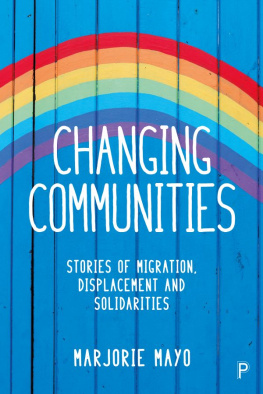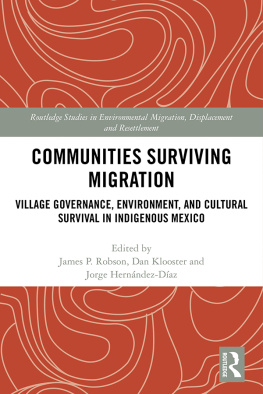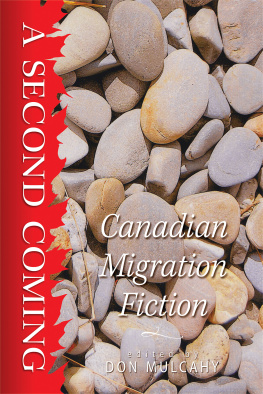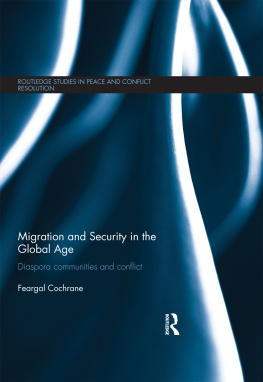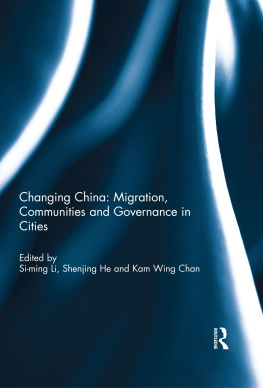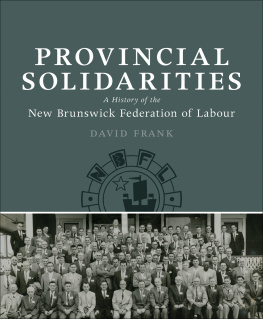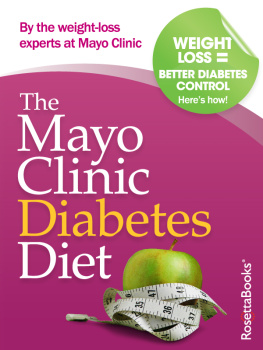CHANGING COMMUNITIES
Stories of migration, displacement
and solidarities
Marjorie Mayo
First published in Great Britain in 2017 by
Policy Press University of Bristol 6th Floor Howard House Queens Avenue Clifton Bristol BS8 1SD UK Tel +44 (0)117 331 5020 Fax +44 (0)117 331 5367 e-mail
North American office: Policy Press c/o The University of Chicago Press 1427 East 60th Street Chicago, IL 60637, USA t: +1 773 702 7700 f: +1 773-702-9756 e:
Policy Press 2017
British Library Cataloguing in Publication Data
A catalogue record for this book is available from the British Library
Library of Congress Cataloging-in-Publication Data
A catalog record for this book has been requested
ISBN 978-1-4473-2932-9 paperback
ISBN 978-1-4473-2931-2 hardcover
ISBN 978-1-4473-2934-3 ePub
ISBN 978-1-4473-2935-0 Mobi
ISBN 978-1-4473-2933-6 epdf
The right of Marjorie Mayo to be identified as author of this work has been asserted by her in accordance with the Copyright, Designs and Patents Act 1988.
All rights reserved: no part of this publication may be reproduced, stored in a retrieval system, or transmitted in any form or by any means, electronic, mechanical, photocopying, recording, or otherwise without the prior permission of Policy Press.
The statements and opinions contained within this publication are solely those of the author and not of the University of Bristol or Policy Press. The University of Bristol and Policy Press disclaim responsibility for any injury to persons or property resulting from any material published in this publication.
Policy Press works to counter discrimination on grounds of gender, race, disability, age and sexuality.
Cover design by Hayes Design
Front cover image: Getty
Readers Guide
This book has been optimised for PDA.
Tables may have been presented to accommodate this devices limitations.
Image presentation is limited by this devices limitations.
To my granddaughter Rosa,
a young Londoner whose forebears
include migrants and refugees
from across the globe.
Contents
Acknowledgements
My appreciations and thanks to all those who have contributed in their varying ways, as family, friends, former colleagues, former students and community activists. Over the years you have, between you, provided and challenged so many ideas as well as providing such a range of information and advice. Thank you all so much.
And particular thanks to you, Ines Newman, my frankest and most valued critic. Very many thanks to the following, too: Ruth Appleton, Axe the Housing Act Campaign, Max Beer and Deena Dlusy-Apel, Maria Brenton and members of Co-Housing Woodside, John Cowley, Sally Daghlian, Focus E15, Jerry Flynn, Emma Gardiner, John Gaventa and colleagues at IDS, Natasha Gordon, Mohamed Aden Hassan, Sue Himmelweit, Ibrahim Isse and colleagues at SYDRC, Hannah Jones, Vaughan Jones, Elene Kaptani, Gerald Koessl, Mike Newman, Alison Rooke, the Popular Education Network, Rajesh Tandon and colleagues at PRIA, Marilyn Taylor and Chrissie Tiller.
Colleagues at Policy Press have been unfailingly supportive. Many thanks to you and to your readers for your helpful comments and suggestions. It goes without saying that any remaining errors are down to me.
ONE
Stories of migration, displacement, community resistance and solidarity
Europes migrant crisis: Sympathy and solidarity on Kos beaches as two worlds collide
Israeli rights groups join battle to save symbol of Arab resistance to evictions: Now bulldozers are set to displace its residents yet again
We are a dying breed: two of Londons last communes unite in fight against closure
Each of these stories featured as headline news in the same national newspaper (The Guardian), on the same day, 6 June 2015, just as I was planning to write this book. Each was a striking story, covering very different experiences of migration, displacement, resistance and solidarity. So what were their underlying causes? Were there common threads to be explored here? And what about the implications for those supporting the displaced, whether directly or less directly, as professionals, policy-makers or community activists elsewhere? How might they be working together to meet peoples immediate needs, while building solidarity, within the framework of social justice agendas, for the longer term? These were the very issues that I was planning to address.
Since then, migration, displacement and dispossession have become issues of even greater concern. People are moving within and across national borders on unprecedented scales, whether displaced by violence, ethnic cleansing, famine or natural disasters, relocated as a result of (re)development projects, priced out of their homes by market forces, or moving in search of better livelihoods and security, for themselves and for their families. While there is a wealth of research on migration and its impacts (Castles and Miller, 2003; Cohen, 2006; Tunstall, 2006; Holton, 2008), there is less discussion of the interconnections with less advantaged communities experiences of displacement and social cleansing within the global cities of the North. This book sets out to address this gap, focusing on exploring the links between these varying processes of change and the ways in which they are experienced, responded to and culturally expressed by those directly involved themselves.
While taking account of the differences in peoples motivations and the variations in terms of their experiences, the book aims to explore what common factors might be emerging in the current context. Neoliberal globalisation forms a central element in this framework, along with the effects of growing concerns about security, with increasing inequalities of wealth and power, within and across national boundaries (Kalra et al, 2005; Glick Schiller and Faist, 2010). There are economic and political issues as well as social issues to be explored. Unless these underlying structural factors are taken into account, inequalities, divisions and conflicts within and between communities may be being reinforced, accompanied by increasing anxieties about racism, Islamophobia and the growth of political mobilisations on the far right. These are becoming even more urgent issues in the current policy context.
The book starts from these concerns, focusing on communities experiences of responding to common threats. Whether defined in terms of locality as urban neighbourhoods or rural villages, for example or in terms of peoples identities and common interests, communities have been affected by processes of displacement. And communities can have an impact on these processes in their turn.
Communities can, and too often do, exacerbate the effects of displacement, becoming fragmented and divided, blaming each other, as well as outsiders, for their anxieties and frustrations, as a result of these processes of change (Hoggett et al, 2013). But these are so far from being the only options. While recognising the vital importance of understanding these types of negative responses, this book sets out to focus on exploring alternative approaches, identifying ways in which communities can be built and rebuilt in less socially divisive ways, demonstrating the potential for developing social solidarities within and between communities, both locally and beyond, transnationally. There are potentially important implications here for those concerned with community development, social solidarity and the promotion of social justice agendas, whether as policy-makers, professionals or as active citizens in communities, trade unions and faith-based organisations and networks.


